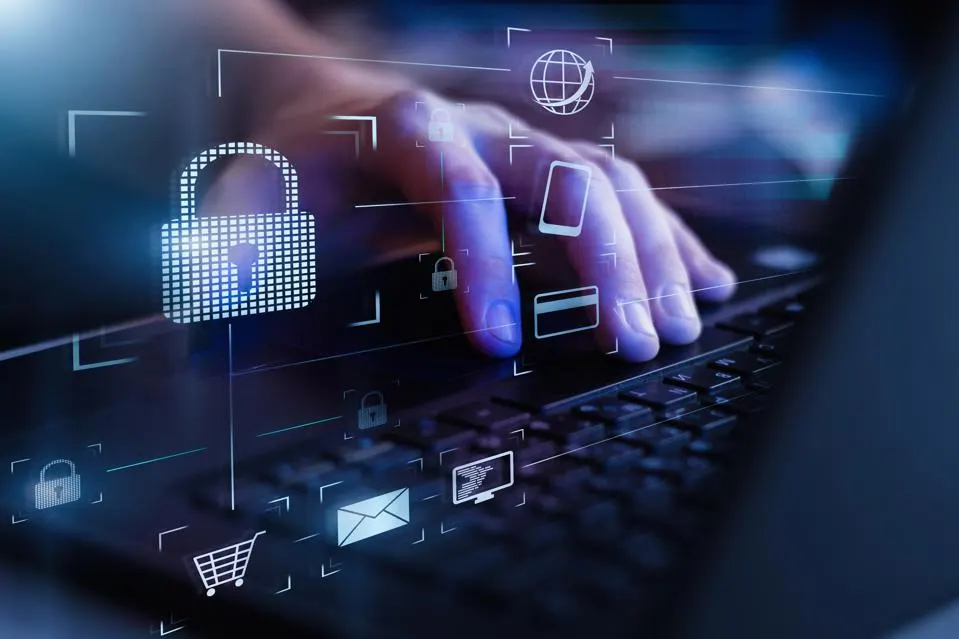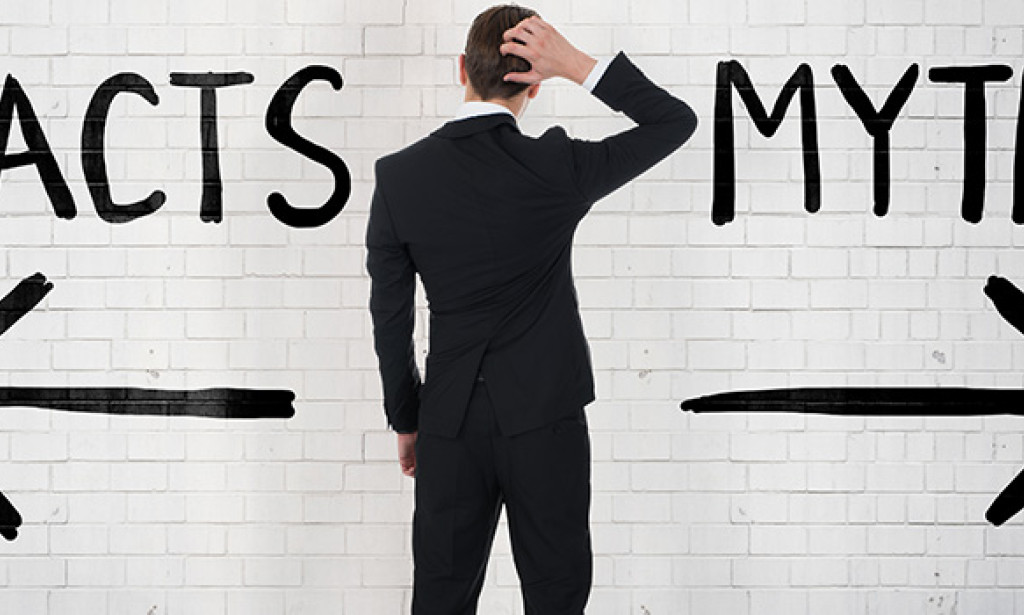Table of Contents
- Introduction: Why Cybersecurity Myths Are Dangerous
- Myth #1: "Hackers Only Target Large Businesses"
- Myth #2: "Antivirus Software is Enough to Keep Me Safe"
- Myth #3: "Strong Passwords Alone Will Protect My Accounts"
- Myth #4: "Public Wi-Fi is Safe if It Has a Password"
- Myth #5: "Cyber Threats Are Only a Concern for Tech-Savvy People"
- Best Practices for Staying Cyber Secure
1. Introduction: Why Cybersecurity Myths Are Dangerous
Many people have false beliefs about cybersecurity that can put them at risk. Cybercriminals take advantage of these misconceptions to steal data, commit fraud, and cause financial losses. Understanding the truth about cybersecurity is the first step to protecting yourself and your business. This article will break down common myths and replace them with facts to help you stay safe online.
2. Myth #1: "Hackers Only Target Large Businesses"
🚫 Myth: Cybercriminals are only interested in attacking large corporations because they have more valuable data.
✅ Fact: Small businesses and individuals are often targeted because they have weaker security measures. According to cybersecurity reports, 43% of cyberattacks target small businesses, as they are less likely to have strong defenses. Even personal devices are at risk if they contain valuable information like banking details and passwords.
📌 Tip: No matter how small your business or personal data may seem, always use strong security measures like firewalls and multi-factor authentication (MFA).
3. Myth #2: "Antivirus Software is Enough to Keep Me Safe"
🚫 Myth: As long as I have antivirus software installed, my device is fully protected from cyber threats.
✅ Fact: Antivirus software is important, but it does not protect against all cyber threats, especially phishing attacks, social engineering, or zero-day vulnerabilities. Hackers use advanced tactics that can bypass antivirus defenses.
📌 Tip: Combine antivirus software with firewalls, software updates, and cautious online behavior to improve security.
4. Myth #3: "Strong Passwords Alone Will Protect My Accounts"
🚫 Myth: A long and complex password is enough to keep hackers out of my accounts.
✅ Fact: While strong passwords help, they can still be stolen through phishing attacks, data breaches, or keyloggers. Cybercriminals often use leaked passwords from other hacked websites to gain access to your accounts.
📌 Tip: Always enable multi-factor authentication (MFA) for an extra layer of security. Even if your password is compromised, MFA makes it much harder for hackers to access your account.

5. Myth #4: "Public Wi-Fi is Safe if It Has a Password"
🚫 Myth: If public Wi-Fi requires a password, it must be secure.
✅ Fact: Public Wi-Fi networks, even those with passwords, are often insecure because many people share the same network. Hackers can intercept data using man-in-the-middle (MITM) attacks, allowing them to steal sensitive information like login credentials and financial details.
📌 Tip: Always use a VPN (Virtual Private Network) when connecting to public Wi-Fi to encrypt your data and prevent unauthorized access.
6. Myth #5: "Cyber Threats Are Only a Concern for Tech-Savvy People"
🚫 Myth: Cybersecurity is only important for businesses, IT professionals, and tech enthusiasts.
✅ Fact: Everyone who uses the internet is a potential target for cybercriminals. Whether you're shopping online, using social media, or checking emails, you are at risk of identity theft, fraud, and scams. Even a single click on a malicious link can lead to data loss or financial theft.
📌 Tip: Stay informed about common cyber threats, recognize phishing emails, and educate yourself on safe browsing habits to protect your personal information.
7. Best Practices for Staying Cyber Secure
Now that we've debunked these cybersecurity myths, here are some key steps to enhance your online security:
✅ Use multi-factor authentication (MFA) on all important accounts.
✅ Update software regularly to fix security vulnerabilities.
✅ Avoid clicking on suspicious links in emails and messages.
✅ Back up your data to prevent loss from ransomware attacks.
✅ Use a password manager to store strong, unique passwords for every account.
✅ Be cautious when using public Wi-Fi—use a VPN whenever possible.
✅ Educate yourself and stay updated on the latest cyber threats.

Conclusion
Cybersecurity myths can create a false sense of security, making individuals and businesses more vulnerable to cyberattacks. Understanding the truth about online security helps you take the right steps to protect yourself from hackers, scams, and data breaches. By following best practices, staying informed, and using the right security tools, you can significantly reduce your risk of becoming a victim.







You must be logged in to post a comment.